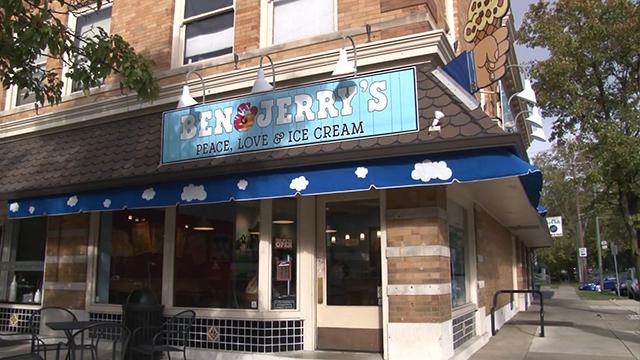
Cohen’s and Ben & Jerry’s approach to politics is different from how things used to be for big businesses, when companies would typically stay away, worried about alienating potential customers and hurting the bottom line. But in the Trump age and with a generation of politically active youth, companies are beginning to see the benefits of getting involved.
"Companies have been stepping out more than ever as it relates to issues and civic engagement with young people," said Latia Curry, principal at Rally, a Los Angeles-based communications firm. "There are tons of studies that show that millennials are looking to companies to take stands on issues, and if you don’t, they will punish you by not supporting your brand.”
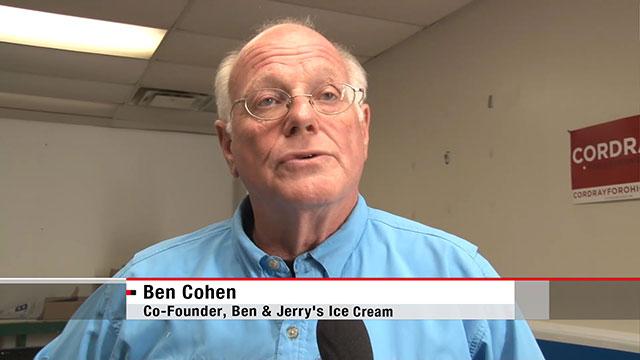
During the National Football League’s season opener this September, Nike aired an ad starring the controversial former NFL quarterback Colin Kaepernick, who two years prior, started kneeling during the national anthem to protest police brutality against African Americans. President Trump and his supporters accused him and the league of disrespecting the flag, and by extension, the armed forces. Since then, Kaepernick has been out of football, with no team willing to offer him a contract. In the Nike ad, Kaepernick is shown with the tagline, “Believe in something. Even if it means sacrificing everything.” The ad went viral, sparking a twitter rebuke from President and a Nike boycott from his supporters.
"Just like the NFL, whose ratings have gone WAY DOWN, Nike is getting absolutely killed with anger and boycotts," Trump said in a tweet. "I wonder if they had any idea that it would be this way ? As far as the NFL is concerned, I just find it hard to watch, and always will, until they stand for the FLAG!"
The risk seemed to pay off for Nike however. The company’s value increased $6 billion in the weeks following the debut.
"I think there are companies on both sides that show even when you take that risk, it’s really not a risk because the people that are most drawn to you are the ones you’re aligning with in terms of your values and morals," said Curry.
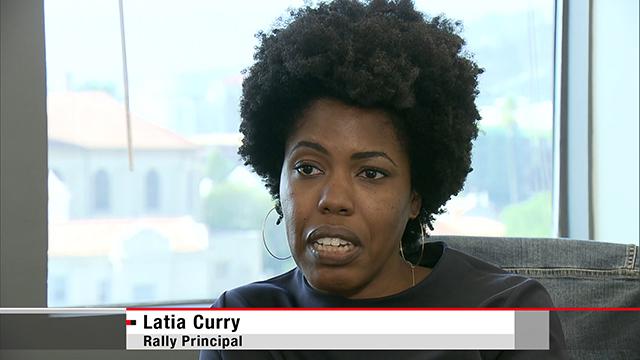
"The reality is that our sales keep on going up,” said Cohen. "Some people are offended by the stance we take and they decide not to buy ice cream anymore. But some people decide they want to buy more."
To coincide with the election, Ben & Jerry's introduced a new flavor called "Pecan Resist." The name is a play on "We Can Resist", a phrase used as a rallying cry for those opposed to Trump. "We honor and stand with women, immigrants, people of color, and the millions of activists and allies who are courageously resisting the President's attack on our values, humanity, and environment," the company website says in an announcement for the flavor.
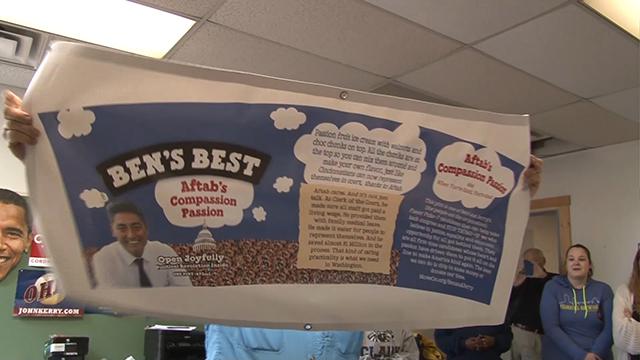
Other companies are getting in on the action too, but in less partisan ways. Famed San Francisco-based jeans maker Levi’s has launched a campaign aiming to increase voter participation among its employees, and 300 other companies, including Patagonia, Gap, and Southwest Airlines, have joined the effort.
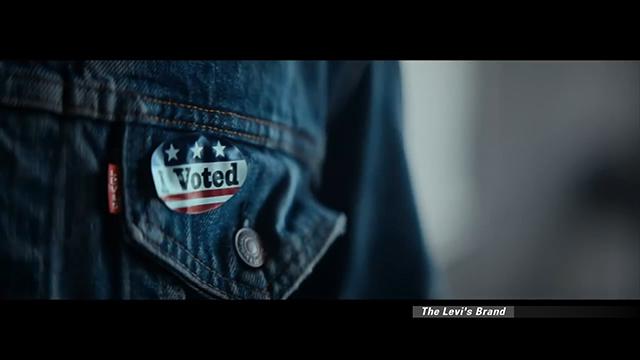
Ride-hailing giant Uber has a similar campaign and is offering free rides on Election Day.
"We’re partnering with two national nonprofits, Vote Together and Democracy Works," said Dave Barmore, Uber’s public policy manager. "We’ve been working with those two groups and provided them free ride promo codes for them to distribute to their national audience."
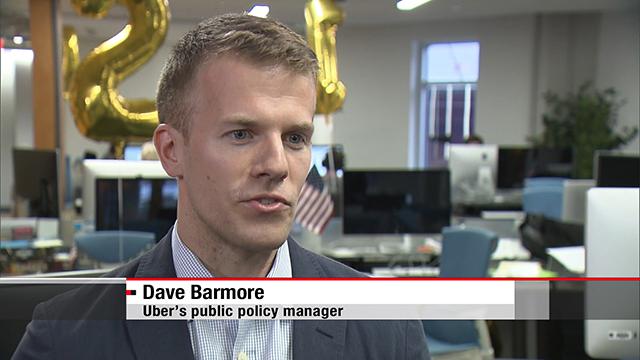
In an October 29th poll by the Institute of Politics at Harvard’s Kennedy School of Government, 40% of 18 to 29-year olds said they plan to vote in the midterms. This far surpasses the previous high of 21% hit in 1986 and 1994. While it's too early to see how much of this uptick is correlated to companies like Ben & Jerry's and Levi’s, some young voters have taken note of their increased involvement.
"For profit companies are, and I think it has something to do with the era, standing and taking a position and I think that’s really important to change culture and get people excited," said 24-year-old Khea Pollard. "Especially for millennials, you have to see it, and you have to feel it, and you have to hear it multiple ways."
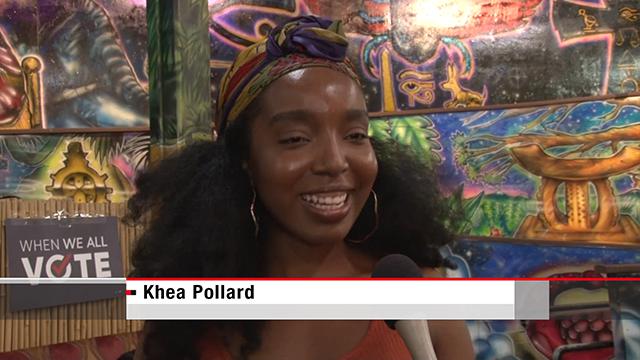
Back in Cincinnati, happy campaign staffers surround Cohen. "Who wants more ice cream?" he asks happily.
"I’m sending a message through my ice cream, through my voice, through any means I can," he says. "Jerry and I, we make ice cream, so we made ice cream to honor these candidates who are driven by their heart and their passion, you know, their passion for justice and equality."

